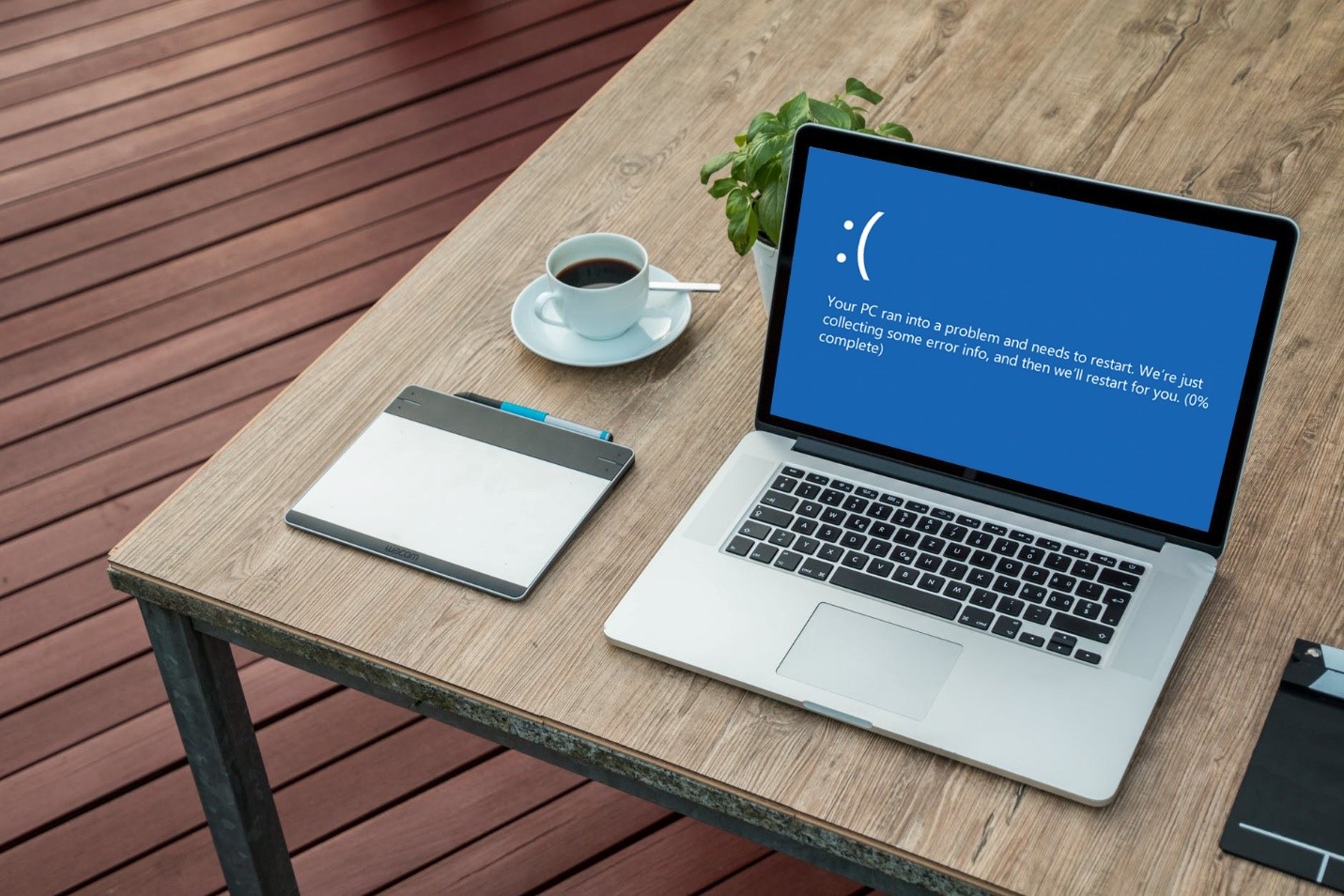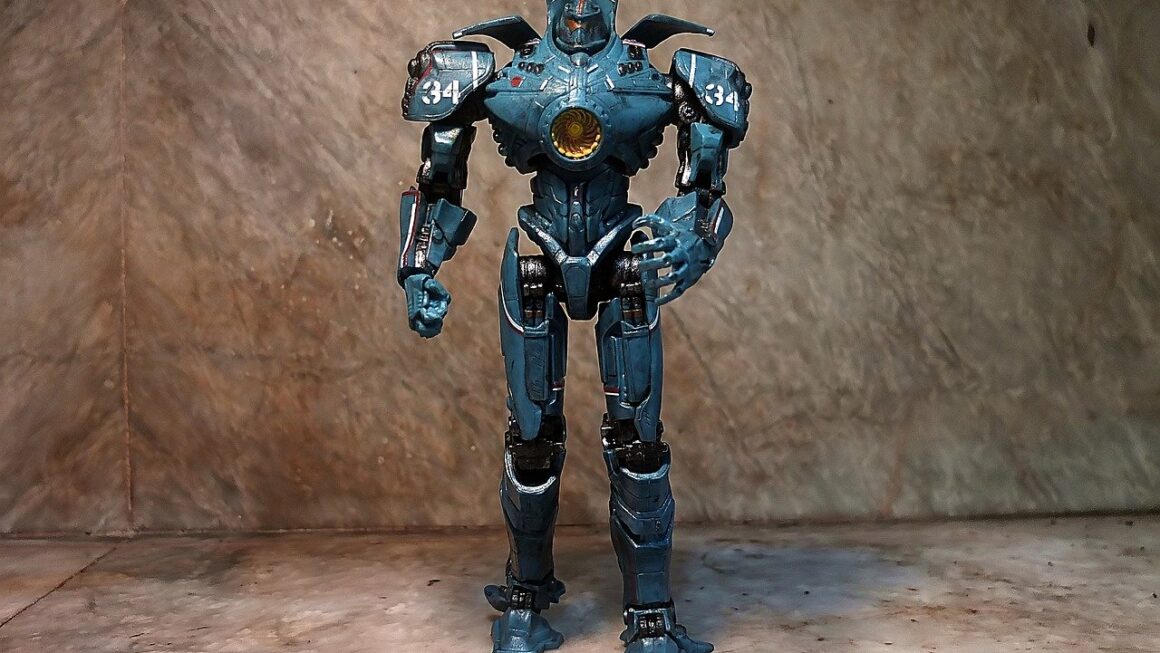Even if it is globally stable and sturdy, Windows is not immune to malfunctions. Although the famous blue screens that signal a complete PC crash and induce a reboot are much rarer than in the past, they have not entirely disappeared. And without going as far as that, the computer can sometimes freeze. There are several reasons for these windows crash and it is necessary to fix them.
In the following lines, we list the most common failures with, for each one, the procedure to be followed to solve the problem.
Top 8 Most Commons Reasons for Windows Crash:
There are many possible reasons why PC crashes. Most often, this kind of inconvenience is caused by corrupted programs, victims of a bug, or using too many system resources. In some cases, the reasons may be murkier. Most importantly, crashes may take two forms: hardware or software. They are usually caused by spurious manipulation. However, wear and tear on components is also a factor in causing crash. If these failures do occur, it makes sense to look for a solution as soon as possible. Otherwise, you are likely to lose all your data, including the most important ones.
Let’s get started!
1. Drivers Issues:
It is not uncommon to find yourself in trouble and know that a device is not working properly. The cause is often related to the drivers because when you are on Windows, you will certainly encounter an error involving a driver. Either it won’t work at all, or you will have to update it. In the end, you will see that drivers are everywhere but as useful as they are, they can quickly become a nightmare to deal with.
To recover from driver problems, you should update outdated drivers to improve hardware performance. However, you need to know how to get these updates, and how to install them. Nevertheless, if you feel that one of your peripherals is working properly, it is preferable not to try to update its driver.
2. An Overheating Computer:
CPUs are usually equipped with fans. If these fans malfunction or if the processor becomes too old, overheating problems may occur. The errors generated are often core errors. And besides, for gamers, this problem can befall with overclocking used to increase the capacity of his machine.
Best way is to install a new (more significant and more powerful) fan on top of the processor, or simply change the whole processor. You will find a lot of websites and even books specialized in this kind of crafts.
Processor errors can often be solved by disabling the internal CPU cache in the BIOS. The machine will then be slower but more stable.
3. Power Issues:
A lack of energy can very easily lead to a crash. If this type of problem recurs or really bothers you, you can get an uninterruptible power supply. This will usually give you a few minutes to finish your tasks and safely shut down your computer before you run out of power.
This is a good investment if your data is critical, as a power outage will always lead to the loss of any unsaved data.
4. Software Conflicts:
Another common cause of PC crash is simply the use of poorly designed software. The problem is often solved by uninstalling or reinstalling the program in particular. The Windows registry can also be unstable due to references to non-deleted programs, so downloading an optimization software will help to take care of it automatically!
Also, be careful how you use the software, terminate programs cleanly, avoid overloading your computer with programs, and restart your computer when prompted.
This type of problem is very often solved by entering Safe Mode. This loads a minimum of drivers (only the necessary system drivers). You will then be able to search for or remove the programs that caused your system to crash, and then restart in normal mode, quietly.
5. Malware Infections:
Although it is more difficult for them to do so, some viruses can delete essential system files. If the system becomes unstable, reboots itself, or if your mouse wanders around on its own, you are probably infected. So remember to scan with your antivirus software and remove any suspicious or unused programs.
6. Failing Hardware:
After several weeks, the information stored on the hard drive begins to be fragmented. In fact, a given file, such as the mp3 you just downloaded, may not be stored in one block but is fragmented all over the disk. You can, therefore regularly defragment your hard drive from time to time if only to speed up your pc, which will not have to search for all the pieces of each file.
7. RAM Issues:
RAM problems can generate blue screens. This type of error can also be caused by change in RAM, especially when the chips are not compatible with each other.
One way to solve this problem is to change the BIOS settings and increase the RAM standby state. Otherwise, try to move the chips on the motherboard (put them in a different order). If the problem persists, the RAM may actually be damaged.
8. Registry Damage:
The registry is the heart of Windows. If it is corrupted, the computer cannot be restarted. This usually happens when the computer is turned off, and you can’t track its cause because it unloads processes and drivers during the shutdown.
A power failure or unexpected shutdown can also corrupt the registry hives. In such cases, a process could have modified part of the registry hive and the sudden shutdown or power outage abruptly stopped the process. To fix this problem, just make sure to back up your registry along with creating a system restore point, and then use the System File Checker to scan it.
Conclusion:
That’s all folks! Here are 8 Most Common Reasons for Windows Crash. If despite all the solutions brought to your computer still bugs, do not hesitate to detail your problem in the comments if necessary.
Also read Next: 10 Reasons for Computer Lagging – Problem Solved




